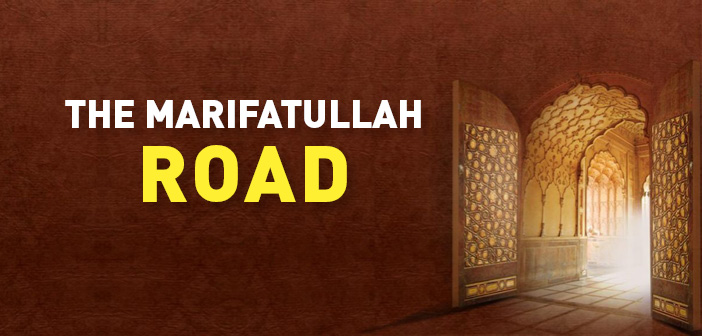Muslim theologians have said that the first obligation humankind is commanded with is to turn to a contemplation that will deliver them to a knowledge of Allah. The most general and basic aim of the Holy Quran is to deliver minds and hearts from the invasion of every thought other than Allah, glory unto Him, and duly guide them to marifatullah.
Human beings were created to know and to serve the Almighty. There is no better way to fulfill this aim than dhikr and reflection. Worship is the essence of human life. Dhikr, on the other hand, is one of the best ways of worshipping Allah, glory unto Him. Dhikr and contemplation are like inseparable twins.
The most important thing for human beings is, without a doubt, attaining to eternal happiness and peace. Other desires should be trivial in comparison. By far, the most essential means of reaching everlasting happiness and peace is marifah.
Scientific knowledge is to grasp a given event with its causes and effects. Marifah, on the other hand, occurs with an additional understanding of Divine Will manifesting in that event. It is for that reason knowledge of Allah, glory unto Him, has been coined marifatullah, which is to understand the Almighty’s existence as much as allowed by knowledge.
Tadhakkur (remembrance-thought) has therefore been given a priority of mention over taqwa (piety) in chapter al-Muminun, in verses 84 to 87. For it is through contemplation and spiritual sensing that humans acquire knowledge of worth, through which comes a recognition of Allah, glory unto Him, instilling one with an awareness of the need to become pious and abandon opposing His Will. No deed is of any worth without knowledge of Allah.
There is thus not a shadow of a doubt that the noblest knowledge is marifatullah. Junayd Baghdadi says:
“Had I known of a better knowledge under the sun than that which the students of marifah chase, I would not have dealt with anything else and striven relentlessly to acquire it.”
ALLAH, GLORY UNTO HIM, INVITES HIS SERVANTS TO MARIFATULLAH THROUGH TWO WAYS
Ibn Qayyim al-Jawziyya has similar words:
“In the Quran, Allah, glory unto Him, invites His servants to marifatullah through two ways:
- By observing the things created by Allah, glory unto Him, and reflecting on them,
- By contemplating and reflecting on the verses of the Holy Quran.
The first group consists of the Lord’s observable signs, while the second consists of the visible, audible and thinkable.” (Ibn Qayyim, Fawaid, p. 31-32)
Spiritually sensing and contemplating on these deliver one to an investigative faith (al-iman’ut-tahqiqi) and to the purpose of existence.
The poem says it beautifully:
The vast universe, a grand book of Allah, imposing,
Whichever letter you peer into, Allah is its meaning…
Source: Osman Nuri Topbaş, Contemplation in Islam, Erkam Public.




